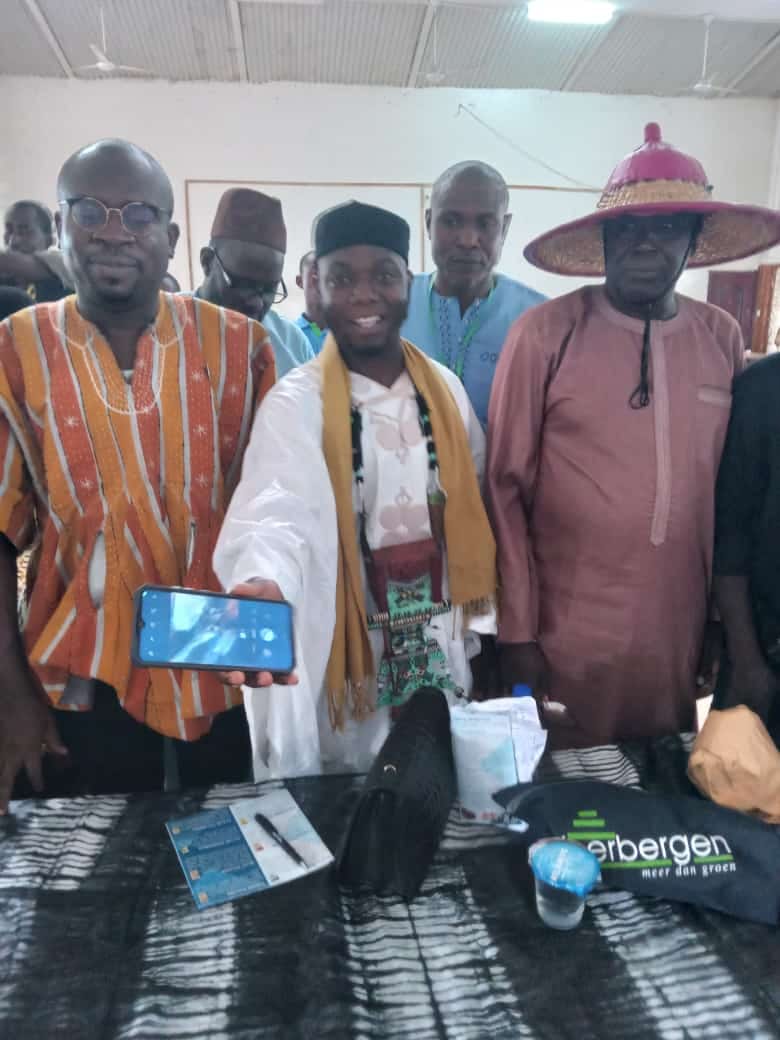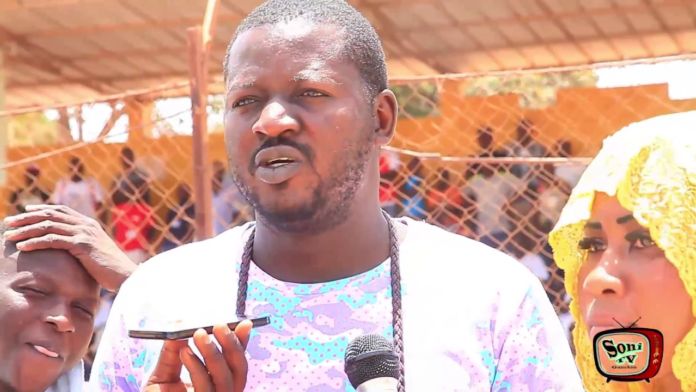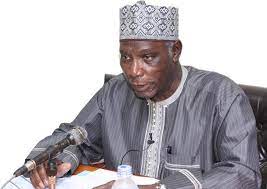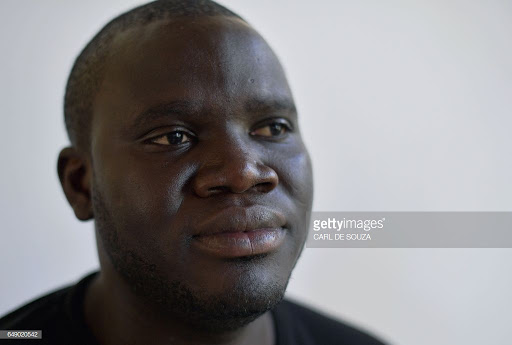By: Nyima Sillah
Traditional Healers Association The Gambia (TRAHASS) urged the Ministry of Health to legislate traditional medicine laws in The Gambia.
The members of the association made this remark on Saturday, 1st July during its first conference of traditional and alternative complementary medicine held at the Gambia Collage, Brikamaunder the theme Legislative Regulation of Traditional and Alternative Complementary Medicine Practitioners in The Gambia: A Tool for Recognition in The Health Care System.
In his remark, Mr. Salieu Puye, President TRAHASS said it is high time traditional medicine is legalized and adhered to. “We are always ashamed when we traveled outside the country to attend seminars and congress whereby we found out that The Gambia is among the countries that have not legalized or legislated traditional medicine laws. I urged the Ministry of Health to legislate the laws of traditional medicines in this country.”
Puye also advised his fellow healers to be advanced in the work they are doing to avoid people blaming them. He noted that this is the reason that they trained 9 people for the first time and they will be graduating to share their knowledge with the public.
On his part, Professor Raphael Nyarkoteh Obu, who empathized why the need for the legislation of this law said traditional and alternative medicine is highly regarded and favored by the public due to its popularity, accessibility, and affordability.
He stressed that more than 80% of the people continue to rely on it for their healthcare needs and the average ratio of traditional health practitioners to the population of medical doctors in Africa is 1:25,000 to 1:200, respectively. Adding that, according to the World Health Organization 2022, this shows how their services are assessed and the need for legislation and regulation.
“The right to health comment also extends to the indigenous people. They are to benefit from good medical access. These health services should be culturally appropriate, taking into account traditional preventive care, health practices, and medicines,” Professor said.
However, he pointed out that harmful practices of traditional and alternative healthcare should be discouraged by the State, noting these can only be done with legislation to regulate these practitioners to safeguard those who subscribe to their services in the country.
“We have seen how government regulations have impacted the standards in mainstream medical practice, and the legal profession. We have seen the relevance of regulation in countries with traditional medical practice. They have national licensing standards; educational requirements and standards in the practice. Licensing of practitioners provides public confidence in any profession.”
Meanwhile, Salmeena Khan, guest speaker at the conference, added that they believe that the power of natural medicine has the potential to improve health conditions and make a real difference in people’s lives, noting they are taking the steps, one at a time, to train and treat more Gambians with Homeopathy and they are working together in collaboration with the government creating a truly holistic integrated health system for people.
“Let us recognize the importance of a well-regulated environment and continue to support the growth and responsible use of alternative medicines,” she said.
The conference ended with the graduation of the first-ever nine 9 Naturopaths in the Gambia under the scholarship assistance of Professor Raphael Nyakotey Obu.





